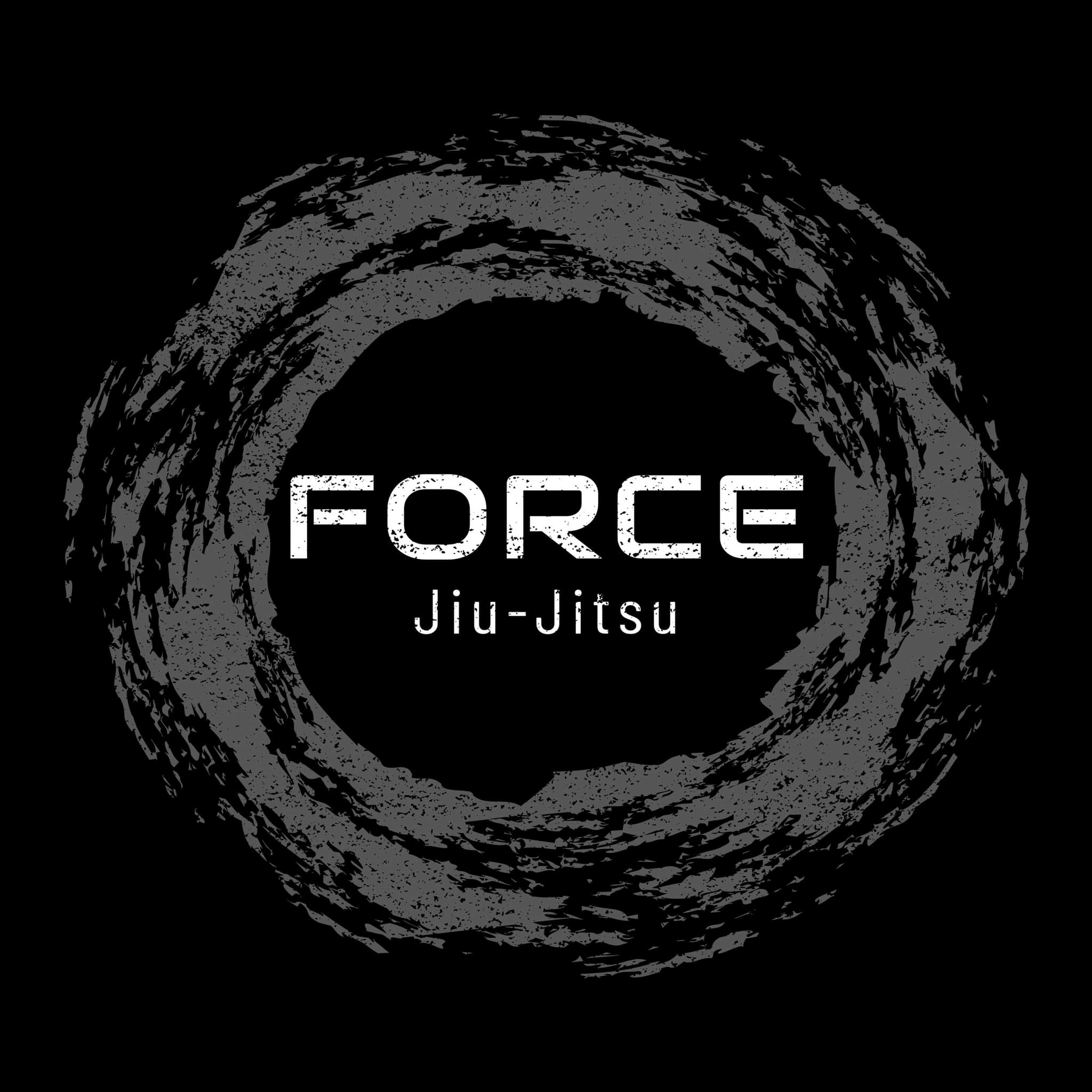Why Jiu-Jitsu Reigns Supreme in the Art of Self-Defense
- Wyatt Montgomery

- Nov 7, 2023
- 2 min read
When it comes to self-defense, many martial arts styles claim to be the most effective. While there's no one-size-fits-all answer, Brazilian Jiu-Jitsu (BJJ) stands out as a highly practical and effective martial art for self-defense. In this blog post, we'll explore why Jiu-Jitsu is not just a sport, but also a valuable tool for protecting oneself in real-life situations.

What Is Jiu-Jitsu?
What is Jiu-Jitsu? Jiu-Jitsu (BJJ) Is a grappling based martial art. Matches start standing but the majority of fighting occurs on the ground and finishes with a joint lock or a choke. Jiu- Jitsu is ground based with the ultimate goal of a submission. Fighting on the ground helps to neutralize possible strength or size advantages between opponents. A major theme of the sport is controlling your opponent by maintaining a dominant position while trying to sink in an joint lock or chokehold. Jiu-Jitsu is one of the fastest growing sports and martial arts in the world!
Ground Control
One of the most distinctive features of BJJ is its emphasis on ground fighting. In a self-defense scenario, it's common to find yourself on the ground, whether you've been taken down or have fallen. BJJ equips practitioners with the skills to control, submit, or escape from opponents on the ground, which is a critical aspect of self-defense.
Adaptability
Jiu-Jitsu's adaptability is another key factor in its effectiveness for self-defense. It's not about size or strength, but about technique, leverage, and body mechanics. This means that individuals of all ages, genders, and physical abilities can learn and apply BJJ techniques to protect themselves.
Managing Distance
In self-defense situations, it's crucial to manage the distance between yourself and your attacker. BJJ teaches practitioners how to maintain a safe distance when standing, clinching, or on the ground. By controlling the distance, you can reduce the risk of being struck and increase your chances of escaping or gaining a dominant position.
Escapes and Avoidance
Jiu-Jitsu focuses on both defensive and offensive techniques. This means that BJJ practitioners learn not only how to escape from unfavorable positions but also how to avoid those positions in the first place. By being able to thwart an attack and escape from a dangerous situation, you can better ensure your safety.
Confidence and Composure
One of the less tangible but equally important benefits of Jiu-Jitsu for self-defense is the boost in confidence and composure. Regular training in a controlled environment helps individuals become more composed under stress and more confident in their ability to protect themselves.
Reducing Harm
Jiu-Jitsu emphasizes the principle of "position before submission," meaning that controlling your opponent takes precedence over causing them harm. In a self-defense situation, this mindset can be invaluable, as it allows you to neutralize a threat without resorting to excessive force and potentially legal consequences.
Why Train At Force Jiu-Jitsu
Brazilian Jiu-Jitsu is undoubtedly a formidable martial art for self-defense. Its emphasis on ground control, adaptability, distance management, escapes, avoidance, and the mental aspects of self-defense make it a well-rounded system for personal protection. By training at Force Jiu-Jitsu, you will gain the confidence and skills necessary to defend yourself effectively in a variety of situations. Remember, self-defense isn't just about fighting—it's about staying safe and minimizing harm while protecting yourself, and Jiu-Jitsu excels in both aspects.
Come see us today to get started on your Jiu-Jitsu journey!
Comments